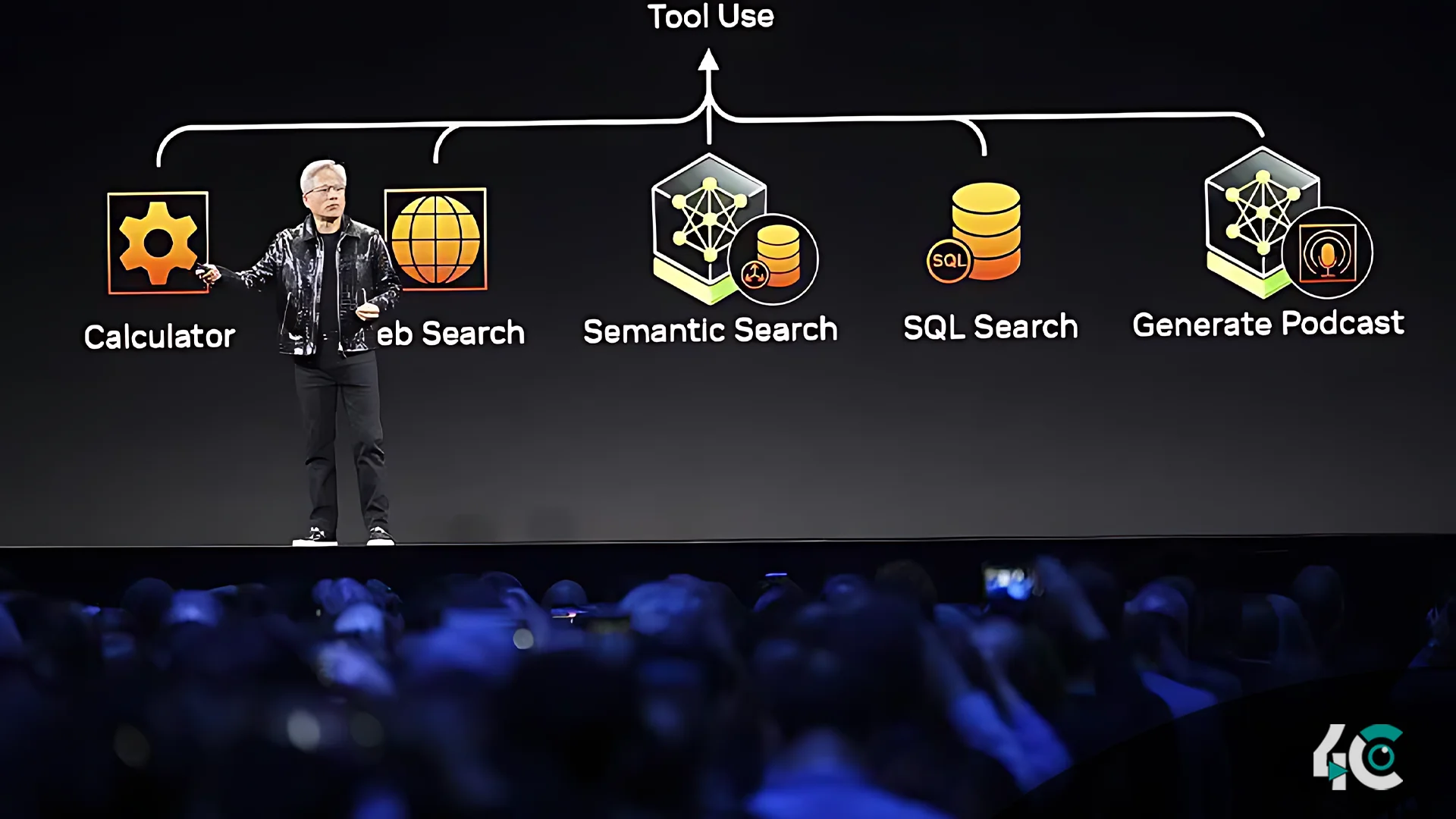Nvidia’s latest AI supercomputer showcases the company’s dedication to staying at the forefront of AI technology. CEO Jensen Huang announced the tiny desktop machine, called Project DIGITS, at the CES 2025 tech show in Las Vegas. It costs $3,000 and intends to make deep learning technologies accessible to academics, students, and developers.
Project DIGITS, powered by the game-changing GB10 Grace Blackwell Superchip, provides unrivaled performance in a portable package. Nvidia also unveiled its Cosmos platform, aiming to produce humanoid robots and autonomous cars, signaling a shift towards practical AI applications.
“The era of physical AI has arrived,” Huang said, highlighting the company’s emphasis on technology that allows machines to think, plan, and act autonomously. The Cosmos platform improves AI training by generating synthetic driving scenarios, opening the way for safer and more efficient autonomous systems.
Nvidia also introduced AI Blueprints, a platform that allows developers to create custom AI agents with functions such as video summary and PDF-to-audio conversion. We expect these technologies to accelerate the adoption of AI across various industries.
However, Nvidia’s impressive statements occurred during a big market collapse. On January 7, conflicting US job data and inflation fears fueled a larger market downturn, causing the company’s stock to sink 6.2% to $140. While Nvidia shares have increased by more than 160% in the last year, this latest drop demonstrates the volatile nature of tech markets.
Analysts remain bullish, citing Nvidia’s strategic position in data centers, autonomous technology, and robotics. According to William Stein of Truist Securities, “Nvidia is increasingly capturing opportunities across edge computing, robotics, and autonomous vehicles, setting a strong foundation for future growth.”
As Nvidia continues to lead the AI revolution, the business must balance investor expectations with its lofty long-term goals. Nvidia’s discoveries, whether in autonomous driving solutions, gaming GPUs, or AI-powered robotics, are influencing the future of technology.
































